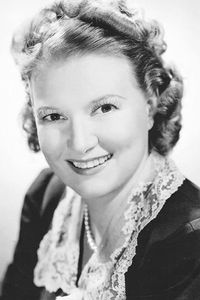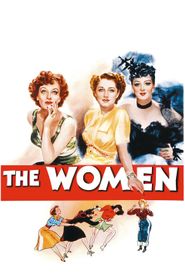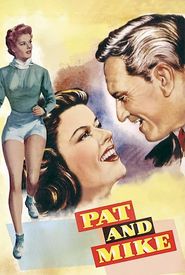Phyllis Povah: A talented actress of the inter-war period, born in Detroit, Michigan, who made a name for herself on the stage and screen. She began her craft at the University of Michigan in 1914-1916, performing in productions on campus. After honing her skills, Povah secured her first professional role as a replacement in a production of "Seeing Things" in Baltimore in 1920. Her exceptional performance caught the attention of Henry Miller's Company, where she played the role of a young widow in "Stepping Stones". Her talent for playing older characters on stage earned her recognition, and word of her abilities spread to New York.
Povah's career flourished, with engagements at the Theatre Guild, where she supported Laura Hope Crews in "Mr Pim Passes By" in 1921. She later joined the short-lived cooperative, The Equity Players, in their 1922 production of "Hospitality". Her portrayal of a rural New England innocent in Owen Davis's "Icebound" in 1923 received acclaim, and she returned to the Theatre Guild as the lead in Galsworthy's "Windows" later that year.
In 1924, Povah starred as Nettie, a daughter-in-law who suffered the thoughtless indulgences of a patriarch in "Minick". Her appearance in Molnar's "A Tale of the Wolf" in 1925 solidified her reputation as an actress who could handle modern drama. Her career continued to thrive, with appearances in various Theatre Guild productions that explored more intellectual themes.
In the late 1930s and early 1940s, Povah featured in two classic women's dramas: Clare Booth's "The Women" and "Let's Face It". She also appeared in the MGM film adaptation of the former and was signed by Paramount for the cinema version of the latter. Throughout the 1940s and 1950s, Povah regularly appeared in motion pictures, playing the role of a mature woman with grit.




















